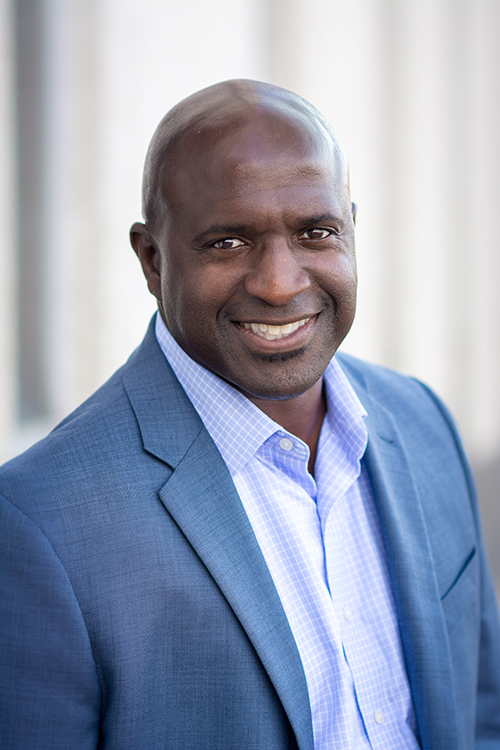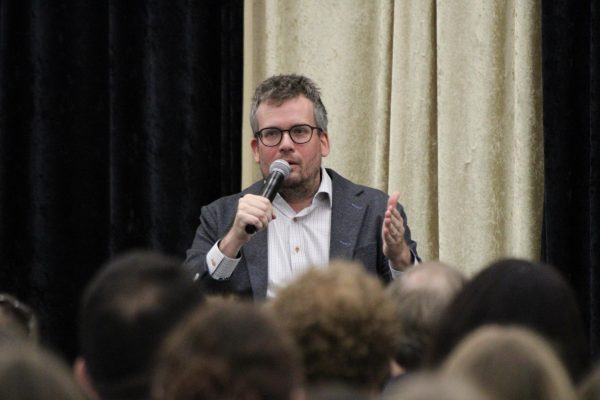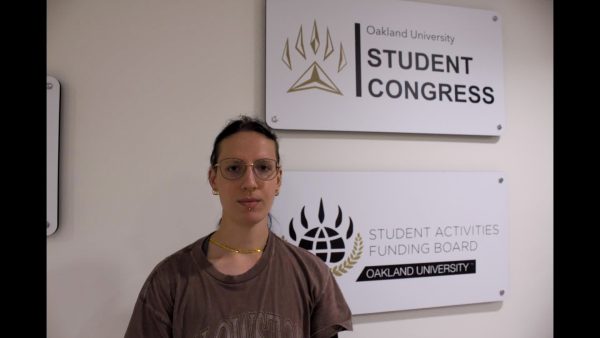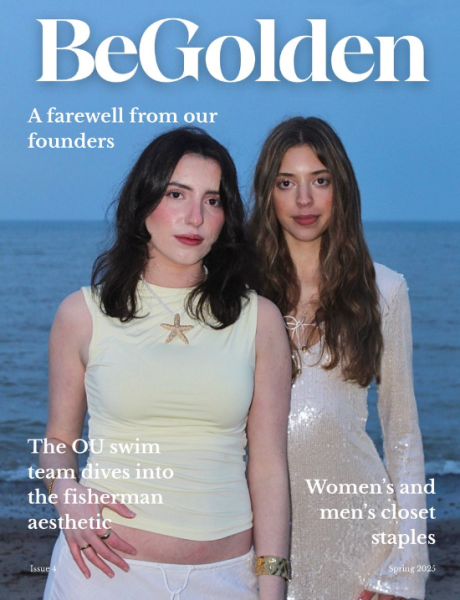Police and community relations: finding cultural sensitivity
Oakland University’s Master of Public Administration (MPA) Program hosted a webinar featuring Harold Love, a retired police captain and professional counselor, on Tuesday, Mar. 16.
Love served 25 years with the Michigan state police before retiring as a captain in 2013. He was commander of the 2nd district during his 10 years as captain.
Love is also a national board certified and fully licensed professional counselor. He currently practices privately as a psychotherapist providing behavioral health services for public safety professionals.
Notably, Love’s article “Resilience” has been featured in Michigan Association of Chiefs of Police Magazine. He serves on the board of directors for the Michigan Roundtable for Diversity and Inclusion.
The article that Love wrote titled “Resilience” was meant to serve as a way to address some of the discourse going on in America, but also speak to the police community in a way that would serve as a “pick-me-up”.
“There were a lot of [police] chiefs who were getting discouraged and that was echoing throughout the law enforcement community period,” Love said.
Love wanted to discuss culture and community competence and highlight some ways that law enforcement and community relations can get back on track.
“When you look at the definition of culture, it talks about an integrated pattern of human behavior that includes thoughts, communications, actions and beliefs of a particular group or organization,” Love said.
By looking at the definition of culture, Love expressed that it should broaden our minds and understanding to view more than one’s ethnicity and race.
“The law enforcement culture is a culture in and of itself,” Love said. “There are things that are prevalent among every law enforcement agency throughout the country.”
Because of the fact that law enforcement work is very crisis-driven, police officers are always in decision making and potentially life-threatening states of mind.
“My wife tells me all the time that I’m not Captain Love anymore,” Love said. “Because it’s so ingrained in our culture, we can’t turn it off sometimes.”
Love explained the misconceptions about particular neighborhoods and races all fitting under a stereotypical umbrella and even all police officers fitting under the same agenda.
“We all had to be subjected to behavior from those police officers, because their perception of kids in my neighborhood was that we were all causing trouble even though many of us were not,” Love said.
He stressed that perceptions of cultures need to be inclusive and open, otherwise we are doing a disservice to our ability to interact with others in a non-offensive manner.
“I have relationships today with young men I arrested thirty years ago and I’ve stood in weddings of people that I’ve arrested because I treated them with dignity and respect,” Love said.
Interpersonal relations between both community members and law enforcement can be described as a two-way street in which people of the community can reach out and vice versa.
“For a police officer, those positive interactions make for a positive work environment,” Love said. “To go above and beyond and be proactive in reconnecting and rebuilding trust within the community.”
Love closed with an acknowledgement to the pain and chaos in America right now.
“My worldview is but one, and when I can learn and understand that other people have different world views, then I can develop very meaningful relationships,” Love said.






